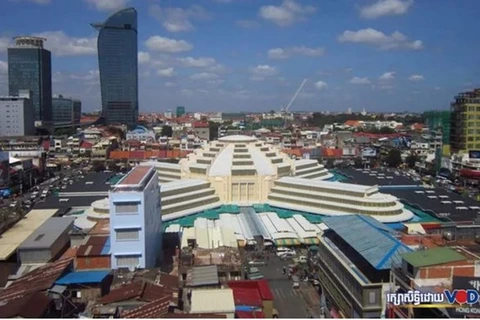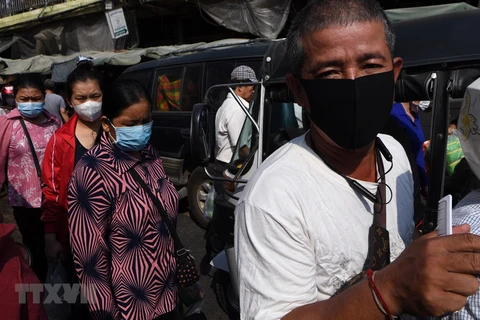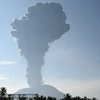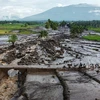Phnom Penh (VNA) - The International Monetary Fund (IMF) has forecasted that Cambodia's Gross Domestic Product (GDP) will experience a negative growth of 1.7 percent in 2020 due to social distancing measures to contain the COVID-19 pandemic.
If the prediction comes true, the Cambodian economy will grow negatively for the first time since IMF began assessing the economy in 1988.
In a more optimistic scenario, IMF believes that if COVID-19 vaccine is produced and used in the second half of this year, the global and Cambodian economies will increase 5.8 percent and 6.1 percent, respectively.
The report “Great Lockdown” by IMF released on April 16 indicated that the economic shock caused by the COVID-19 pandemic was the worst since the 2008-2009 global financial crisis – the time Cambodia’s economic growth was 0.1 percent.
Since 1998, Cambodia has experienced quite high economic growths with a yearly average growth of 8 percent. The poverty rate plummeted to 10 percent in 2019 from 53 percent in 2004. Other areas such as education and health have also improved significantly.
To ease the economic shock caused by the pandemic, the Cambodian government has announced a 2-billion-USD budget package to support pillar sectors of the national economy, including agriculture and banking, and help workers in garment and tourism who lost jobs./.

WB: Cambodia’s economic pillars unstable due to COVID-19
The World Bank (WB) warned on April 14 that the slow growth of Cambodia’s construction and real-estate sector, considered one of the country’s economic pillars, could negatively affect the country’s overall growth.






















